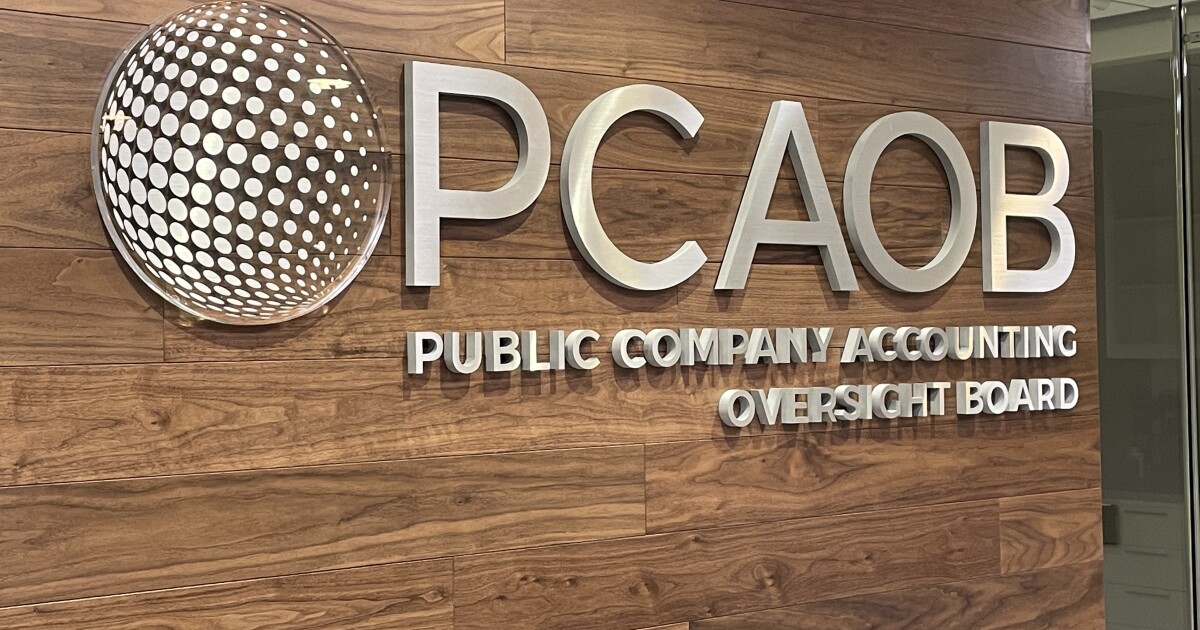The U.S. Department of Education plans to resume collecting defaulted student loans on May 5 after a yearslong pause since the pandemic.
The Education Department said it hasn’t collected on defaulted student loans since May 5. The resumption of collections under the Trump administration comes after courts blocked the Biden administration’s attempts to offer student loan forgiveness. The Department of Education said it would start a communications and outreach campaign to ensure borrowers understand how to return to repayment or get out of default.
“American taxpayers will no longer be forced to serve as collateral for irresponsible student loan policies,” said U.S. Secretary of Education Linda McMahon in a statement Monday. “The Biden Administration misled borrowers: the executive branch does not have the constitutional authority to wipe debt away, nor do the loan balances simply disappear. Hundreds of billions have already been transferred to taxpayers. Going forward, the Department of Education, in conjunction with the Department of Treasury, will shepherd the student loan program responsibly and according to the law, which means helping borrowers return to repayment — both for the sake of their own financial health and our nation’s economic outlook.”
The department noted that 42.7 million borrowers currently owe more than $1.6 trillion in student debt. More than 5 million borrowers have not made a monthly payment in over 360 days and sit in default — many for more than seven years — and 4 million borrowers are in late-stage delinquency (91-180 days). As a result, there could be almost 10 million borrowers in default in a few months. When this happens, nearly 25% of the federal student loan portfolio will be in default.
Only 38% of borrowers are in repayment and current on their student loans. Most of the remaining borrowers are either delinquent on their payments, in an interest-free forbearance, or in an interest-free deferment. A small percentage of borrowers are in a six-month grace period or in-school.
Currently, almost 1.9 million borrowers have been unable to even begin repayment because of a processing pause put in place by the previous administration. Since August 2024, the Education Department has not processed applications for enrollment in any repayment plan such as Income-Based Repayment, Income-Contingent Repayment. The Education Department is already working with federal student loan servicers and expects processing to begin next month.
Federal Student Aid plans to restart the Treasury Offset Program, administered by the Treasury Department, on Monday, May 5, 2025. All borrowers in default will receive email communications from FSA over the next two weeks making them aware of these developments and urging them to contact the Default Resolution Group to make a monthly payment, enroll in an income-driven repayment plan, or sign up for loan rehabilitation. Later this summer, FSA intends to send required notices beginning administrative wage garnishment.
The Education Department also plans to authorize guaranty agencies that they can begin involuntary collections activities on loans under the Federal Family Education Loan Program after student and parent borrowers have been given sufficient notice and an opportunity to repay their loans under the law.
Over the next two months, FSA will conduct a communications campaign to engage all borrowers on the importance of repayment. FSA will conduct outreach to borrowers through emails and social media reminding them of their obligations and providing resources and support to assist them in selecting the best repayment plan, like the new Loan Simulator, AI Assistant (Aiden), and extended servicers call times. FSA will also launch an enhanced Income-Driven Repayment (IDR) process, simplifying the time that it will take borrowers to enroll in IDR plans and eliminating the need for borrowers to recertify their income every year. More information will be posted on StudentAid.gov next week. FSA said there will not be any mass loan forgiveness.
More information is available at StudentAid.gov/end-default.
In response to the announcement, a student loan advocacy group blasted the move.
“For five million people in default, federal law gives borrowers a way out of default and the right to make loan payments they can afford,” said Student Borrower Protection Center executive director Mike Pierce in a statement. “Since February, Donald Trump and Linda McMahon have blocked these borrowers’ path out of default and are now feeding them into the maw of the government debt collection machine. This is cruel, unnecessary, and will further fan the flames of economic chaos for working families across this country.”
The group said that earlier this year, the Trump administration chose to block access to affordable student loan payments by removing the Income-Driven Repayment and consolidation application and secretly ordered student loan servicers to halt all application processing.
Prior to the Trump administration’s decision to remove IDR applications and halt application processing, over 1 million borrowers remained in a backlog waiting for their application to be processed. Only after pressure from a lawsuit filed by SBPC and Berger Montague on behalf of the AFT did the Administration restore the application. But to date, the administration has yet to begin widespread processing of IDR applications, leaving borrowers in economic limbo.


 Personal Finance1 week ago
Personal Finance1 week ago
 Economics1 week ago
Economics1 week ago
 Personal Finance1 week ago
Personal Finance1 week ago
 Personal Finance1 week ago
Personal Finance1 week ago
 Economics6 days ago
Economics6 days ago
 Personal Finance6 days ago
Personal Finance6 days ago
 Economics1 week ago
Economics1 week ago
 Personal Finance6 days ago
Personal Finance6 days ago











